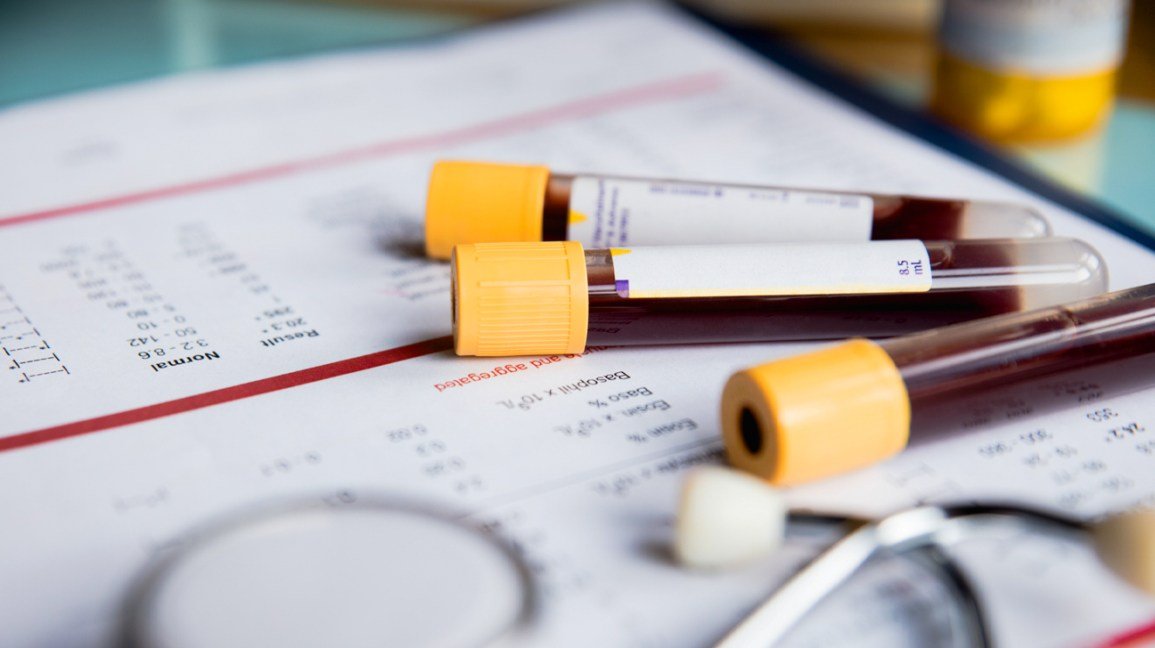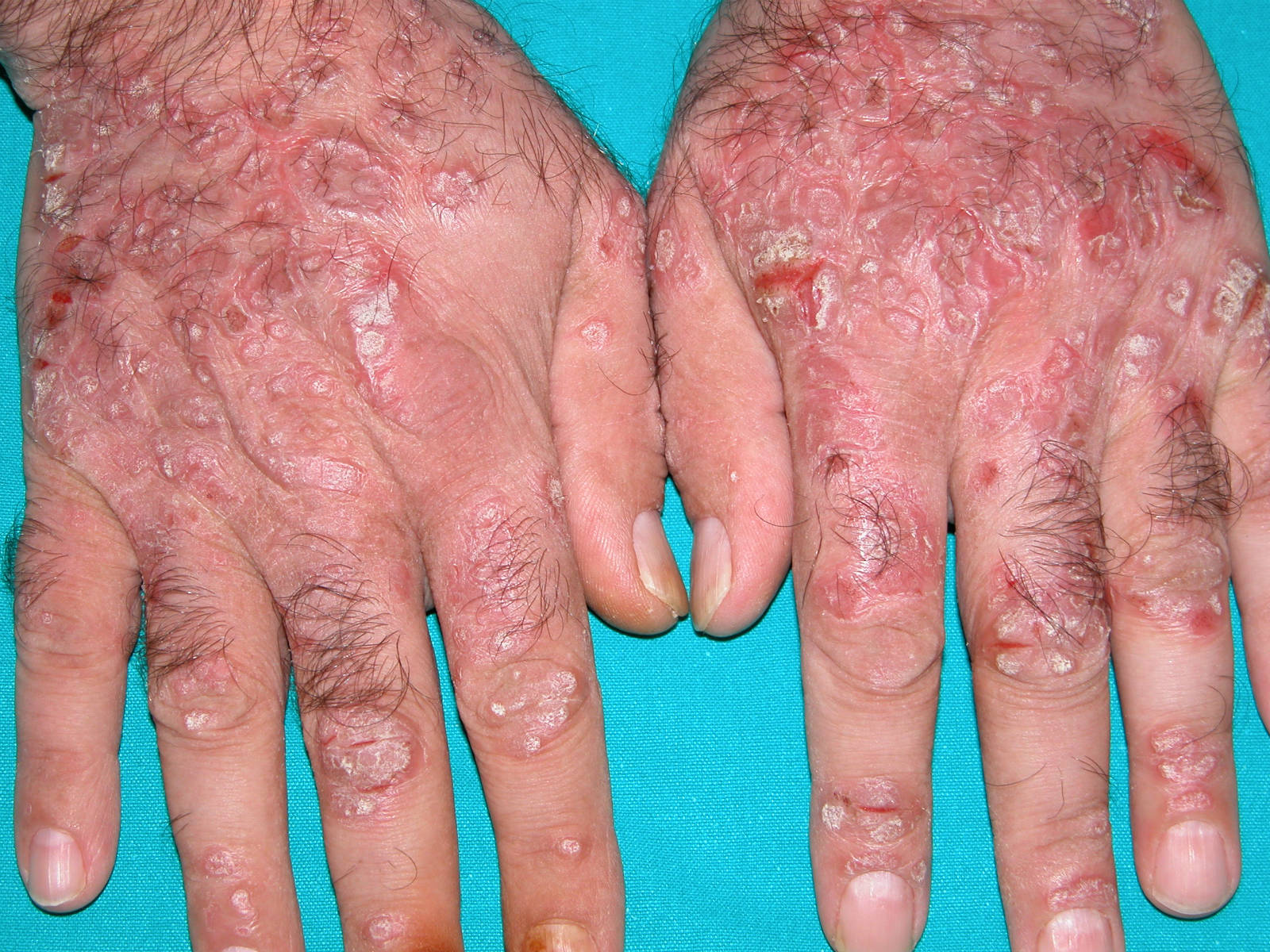Can I Get Reinfected With Hepatitis C
If you become infected with hepatitis C infection and then clear the virus , yes, it is possible for you to become infected again.
The chance of another infection with hepatitis C is much, much less than the chance of a first-time infection, but it is not impossible. It has happened in people who continue to use injection drugs, and some studies suggest that it happens even more often in people who are also HIV positive.
In other words, having had hepatitis C once does not make you “immune” to getting hepatitis C again.
The best way to avoid reinfection is to reduce risky behaviors that can result in exposure to the hepatitis C virus: Do not use injection drugs, do not share needles for any reason, avoid blood-to-blood exposures with others, and use condoms if you are sexually active with a new partner or with a partner who has used injection drugs.
The research in this area is ongoing, and we will continue to learn more about this very important topic. But for now, preventing re-exposure to the hepatitis C virus is the only sure way of avoiding infection and reinfection with hepatitis C.
Symptoms Of Hepatitis C
It is very important to know that not everyone with hepatitis C has symptoms. The only way to know if you have hepatitis is by talking to your doctor and getting a blood test.
Many people living with hepatitis C feel well and only have symptoms once the disease has progressed and there is serious liver damage.
If you do not have symptoms this does not mean that the virus isnt causing damage.
When first infected, some people may find:
- their urine becomes dark
- their eyes and skin turn yellow
- they experience a minor flu-like illness.
These symptoms may disappear within a few weeks, but this does not necessarily mean that the infection has been cleared.
Over time, symptoms that may develop include:
- tiredness and fatigue
- pain in the abdomen where the liver is located
- not feeling hungry and indigestion.
Around 30% of people who have been infected may clear the virus from their blood naturally, with no treatment, within 6 months. These people no longer have the hepatitis C virus and are not infectious, but will always have hepatitis C antibodies in their blood. The presence of hepatitis C antibodies shows that someone has been exposed to the virus, but does not offer any immunity against hepatitis C. People can become reinfected after clearing the virus naturally, or after treatment.
What Are The Symptoms Of Viral Hepatitis
The symptoms of viral hepatitis are similar for all types of hepatitis.9 They include:
- Low-grade fever
- Fatigue
- Joint pain
- Jaundice , which is when the skin and whites of the eyes turn yellow
People who are newly infected are most likely to have one or more of these symptoms, but some people with viral hepatitis do not have any symptoms. New hepatitis A infections usually cause symptoms, but as many as half the people with new hepatitis B and hepatitis C infections do not have symptoms.
Certain blood tests can show if you have hepatitis, even if you do not have symptoms. People with chronic hepatitis B or C often develop symptoms when their liver becomes damaged.
Don’t Miss: How Can Hepatitis C Be Transmitted
Staying Healthy With Hepatitis
Not everyone needs treatment right away, but its important to be monitored regularly by an experienced doctor and discuss treatment options of the best way to keep you healthy.
- Get vaccinated against Hepatitis A and Hepatitis B
- Avoid alcohol and drugs
- Eat a healthy & balanced diet. Include a lot of vegetables and fruits try to stay away from too much salt, sugar and fat.
- Exercise regularly. Walking is one of the best exercises, and it helps to make you feel less tired.
- Check with a health professional before taking any prescription pills, supplements, or over-the-counter medications.
- Do not share razors, nail clippers, needles or other items that come in contact with blood with other people.
Why Getting Tested Is Important

A blood test is one of the only ways to confirm a diagnosis of hepatitis C. Additionally, hepatitis C often has no visible symptoms for many years.
Because of this, its important to be tested if you believe youve been exposed to the virus. Getting a timely diagnosis can help ensure you receive treatment before permanent liver damage occurs.
Also Check: How Does Hepatitis A Spread
If You Have Hepatitis C Should You Get A Flu Shot
Yes. Having chronic hepatitis C is actually a good reason to get the flu shot. Chronic hepatitis C is a condition that can increase your risk of complications if you do get influenza. That’s why it is recommended for people with hepatitis C, and most chronic liver diseases, to be vaccinated against the flu.
To stay up to date with your influenza vaccinations, you need to be vaccinated every year–ideally, early in the flu season or as soon as the vaccine becomes available. Typically, flu season is considered to be October to March. It’s best to get vaccinated annually because the vaccine is designed differently each year to target the strains of influenza that are expected to circulate during that particular flu season.
What Does It Mean When Different Types Of Blood Tests For Hepatitis C Give Different Results
The first test your provider probably will perform is called an “antibody” test. A positive result means that you were exposed to the hepatitis C virus at some point in your life.
If the result is positive, your provider will perform a second test called hepatitis C virus RNA to see if the virus is still in your body. If the RNA test result is positive, then you have chronic hepatitis C infection.
So what does it mean if you have a positive result for the first test but a negative result for the second?
You May Like: Patient Has Immunity To Hepatitis B Virus
How Common Is Hepatitis C In The United States
In the United States, hepatitis C is the most common chronic viral infection found in blood and spread through contact with blood.14
Researchers estimate that about 2.7 million to 3.9 million people in the United States have chronic hepatitis C.13 Many people who have hepatitis C dont have symptoms and dont know they have this infection.
Since 2006, the number of new hepatitis C infections has been rising, especially among people younger than age 30 who inject heroin or misuse prescription opioids and inject them.15,16
New screening efforts and more effective hepatitis C treatments are helping doctors identify and cure more people with the disease. With more screening and treatment, hepatitis C may become less common in the future. Researchers estimate that hepatitis C could be a rare disease in the United States by 2036.17
Parenteral Routes: Transmission Of Hepatitis B Hepatitis D And Hepatitis C
Hepatitis B, C, and D viruses are all transmitted by what is known as the parenteral route. Parenteral simply means that these viruses can be introduced by all routes except through the intestinal tract, which leaves the door wide open in terms of possible exposure. Let’s look at the possible transmission routes for each of these types of hepatitis virus more closely.
You May Like: How To Cure Hepatitis C
Whos At Risk For Hepatitis C
You might be more likely to get it if you:
- Inject or have injected street drugs
- Were born between 1945 and 1965
- Got clotting factor concentrates made before 1987
- Received a blood transfusion or solid organ transplants before July 1992
- Got blood or organs from a donor who tested positive for hepatitis C
- Are on dialysis
- Get a body piercing or tattoo with nonsterile instruments
Diagnosis Of Hepatitis C
If you are at risk of hepatitis C infection, or think you may have been exposed to hepatitis C in the past, see your doctor for an assessment of your liver health. This will include blood tests and possibly a non-invasive test for liver damage .
There are 2 blood tests used to diagnose hepatitis C. Usually these can be done at the same time but sometimes they will be done separately.
The first test known as a hepatitis C antibody test can tell you whether you have ever been exposed to hepatitis C.
It may take 2 to 3 months from the time of infection until a blood test can detect antibodies to hepatitis C, so there is a window period during which you cannot tell if you are or have been infected. In this time, take precautions to prevent the potential spread of the virus.
The second test is called hepatitis C PCR, which will be done if the antibody test is positive. This determines if the virus is still present in your blood or liver or if you have already cleared the infection.
If you have cleared the virus or had successful treatment to cure it, the PCR test will be negative.
A liver ultrasound or Fibroscan can also be performed to assess if you have any liver damage.
If your doctor is inexperienced in diagnosing hepatitis C you can call the LiverLine on for information, and to find a GP who can help you.
Read Also: If You Have Hepatitis B Do You Have Hiv
Repeat After Us: Hep C Is Transmitted Through Blood
Restrooms are safe but tattoo shops should give you pause, says Lanla Conteh, M.D., clinical associate professor of hepatology and gastroenterology at The Ohio State University Wexner Medical Center, in Columbus, OH.
Hepatitis C cannot not be spread in public. Yes, it is a virus, but it’s not a cold, and it certainly is not coronavirus. The most common way that you can transmit and spread hepatitis C, is through blood. So share the same bathroom as other people. That is completely fine.
Now be mindful of getting tattoos, because when you get a tattoo, there is a needle involved and there is blood exposure that can come into play. Because of that blood exposure, make sure that you’re getting your tattoo at a reputable place, that you have done appropriate research to make sure that clean needles and appropriate sanitization is being utilized.
Poor Infection Control For Tattooing And Piercing

The notes that HCV may be transmitted by receiving tattoos or piercings from unregulated settings with poor infection control standards.
Commercially licensed tattooing and piercing businesses are generally thought to be safe.
More informal settings may not have adequate safeguards to help avoid the spread of infections. Receiving a tattoo or piercing in settings such as in a prison or in a home with friends carries a of HCV transmission
Recommended Reading: Can Hepatitis B Be Treated
You Might Not Know You Have It
Nearly half of people living with hepatitis C dont know they have it. Thats because most people live with the disease for years without feeling sick, or experiencing only minor symptoms such as fatigue. Frequently, the only indication of hepatitis C is an abnormal liver blood test panel. If you think you have been exposed to hepatitis C, be sure to talk to your physician.
The Evolution Of Hepatitis C Treatment
Hepatitis C has been around for a long time. Even before the development of these new treatments, between 15 to 25 percent of individuals infected with HCV did not become chronically infected. Their bodies were able to clear the virus on their own. However, until relatively recently there were few effective treatment options for hepatitis C.
Historically the major treatment regimen was a long course of pegylated interferon and ribavirin. However, these treatments have significant problems. They show an only moderate ability to get rid of the virus and they have significant side effects. For example, one study found that as many as a quarter of people taking interferon developed major depressive episodes due to the treatment regimen.
In addition, those drugs were contraindicated in individuals with advanced liver or kidney disease. That meant that many people with hepatitis C werent even eligible to take them.
Interferon and ribavirin were also least effective against the most common types of hepatitis C. Genotype 1 was historically difficult to treat with pegylated interferon and ribavirin. The treatment regimen worked slightly better with genotypes 2 and 3, but those types were also less common.
The combination of poor efficacy and high intolerance were driving forces for the development of interferon-free methods of hepatitis C treatment. These drugs are known as direct acting antivirals . Its DAAs that have led to hepatitis C being considered curable.
Also Check: Medicine To Treat Hepatitis C
Do I Need To Get Tested For Hepatitis B
Maybe. All pregnant women need to be tested for hepatitis B during their first trimester of pregnancy. Also, about half the people with hepatitis B have symptoms after infection.15 This means you might have the infection without knowing it.
The U.S. Preventive Services Task Force recommends getting tested for hepatitis B if you are at high risk of infection:15,16
- You were born in an area with medium or high rates of hepatitis B infection. Those areas are colored medium and dark blue on this map of hepatitis B around the world from the CDC.
- Your parents were born in one of the high-risk areas, and you were not vaccinated against hepatitis B as a baby
- You live with, have sex with, or share needles with someone who has hepatitis B
- You have ever had sex with more than one partner and did not use a condom
- You inject drugs
- You have HIV
What Does High/low Viral Load Mean
Viral load is the amount of virus present in the bloodstream. It is expressed as the amount of viral genetic material per milliliter of blood. The amount of virus does not predict how severe the liver disease is or will become. The level of the viral load does not tell us anything about the risk of liver damage or how sick someone is. In hepatitis C, it matters if virus is present or absent. Some treatment regimens can be shortened if the patient has a low viral load to start with, but most often, treatment regimens are the same for people with high hepatitis C viral loads or low viral loads.
The RNA test is essential for making the diagnosis of hepatitis C infection–having a positive RNA test is the definition of having infection. After the diagnosis is made, the RNA level does not need to be checked over and over unless it is checked during the time that the patient is undergoing treatment. During treatment, regular RNA tests are done to follow the dropping virus level until it reaches an undetectable state. But before treatment and after treatment, repeated RNA testing is not necessary.
Also Check: How Do People Catch Hepatitis C
Articles On Hepatitis C
If you’ve just been diagnosed with hepatitis C, you may wonder how you got it and worry about passing on the virus to a loved one. If you’ve had the disease for a long time without knowing it, you could dwell on every little incident in the past where you might have accidentally exposed a family member to the disease.
It’s important to remember that hepatitis C isn’t easy to catch. If you take a few precautions, it’s almost impossible to pass on the disease to someone else.
Hepatitis C And Injecting Drugs
If you inject drugs, avoid sharing needles, syringes or other equipment such as tourniquets, spoons, swabs or water.
Where possible, always use sterile needles and syringes. These are available free of charge from needle and syringe programs and some pharmacists. To find out where you can obtain free needles, syringes and other injecting equipment, contact DirectLine
Try to wash your hands before and after injecting. If you cant do this, use hand sanitiser or alcohol swabs from a needle and syringe program service.
Don’t Miss: Royal Canin Hepatic Cat Food
Why Should I Get Treated
Hepatitis C can be fatal when left untreated.
Untreated hepatitis C can lead to scarring of the liver known as cirrhosis.
A small number of people with cirrhosis will go on to get liver failure, the only treatment for which is a liver transplant. A small proportion of people with cirrhosis develop liver cancer.
What Are The Symptoms And Consequences Of Infection

Approximately 20 percent of persons exposed to the virus develop symptoms which may include jaundice , fatigue, dark-colored urine, stomach pain, loss of appetite and nausea. After the initial infection, 15-25 percent will recover and 75-85 percent will become chronically infected . Approximately 70 percent of persons chronically infected may develop liver disease, sometimes decades after initial infection.
Read Also: What Is The New Treatment For Hepatitis C